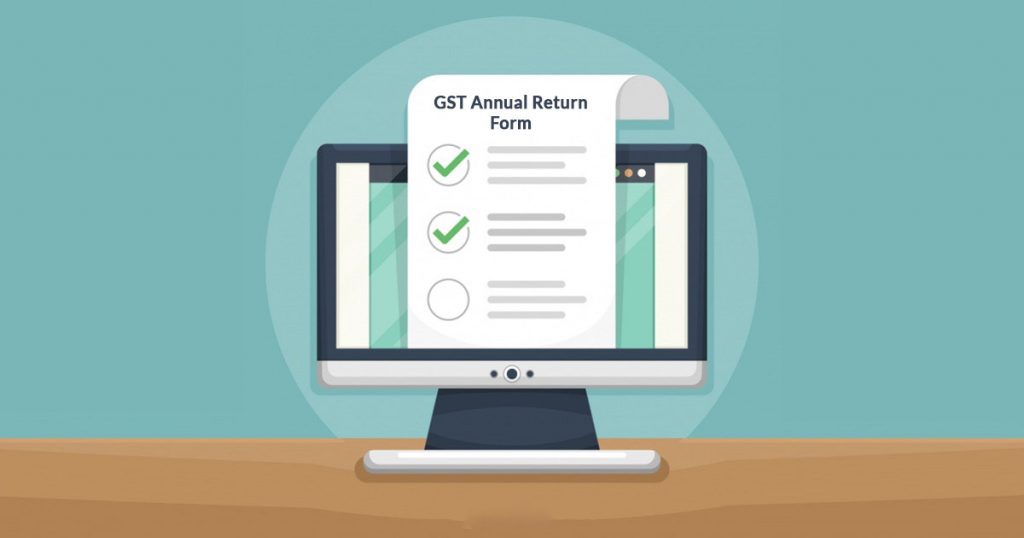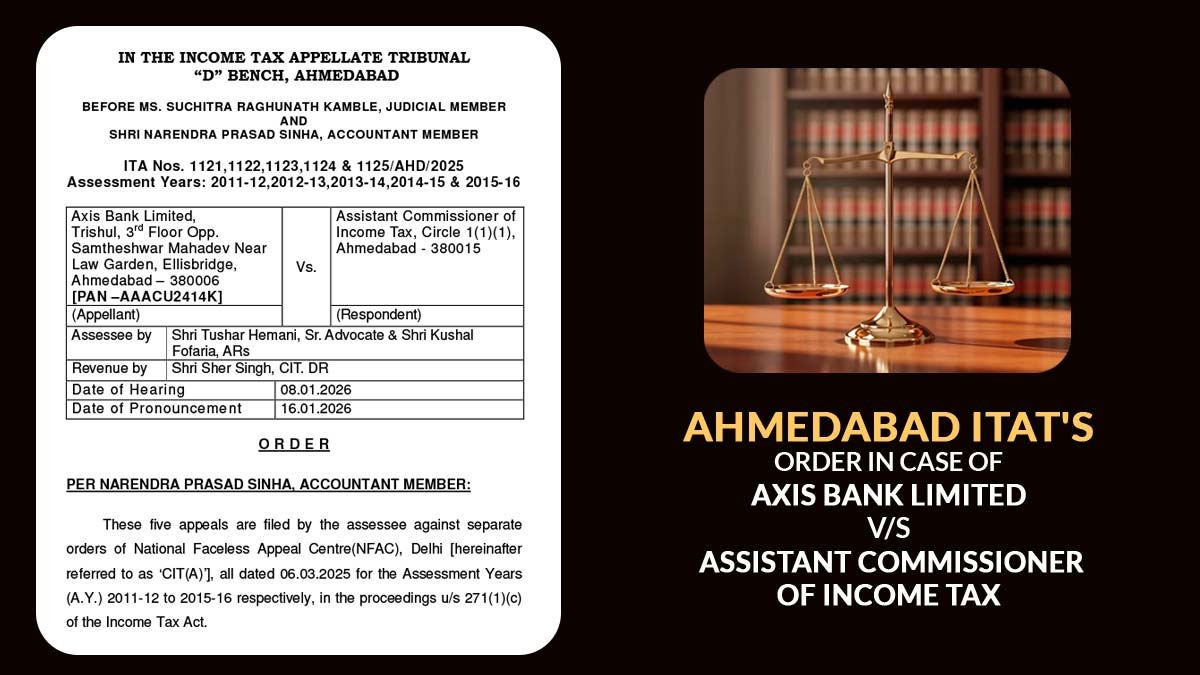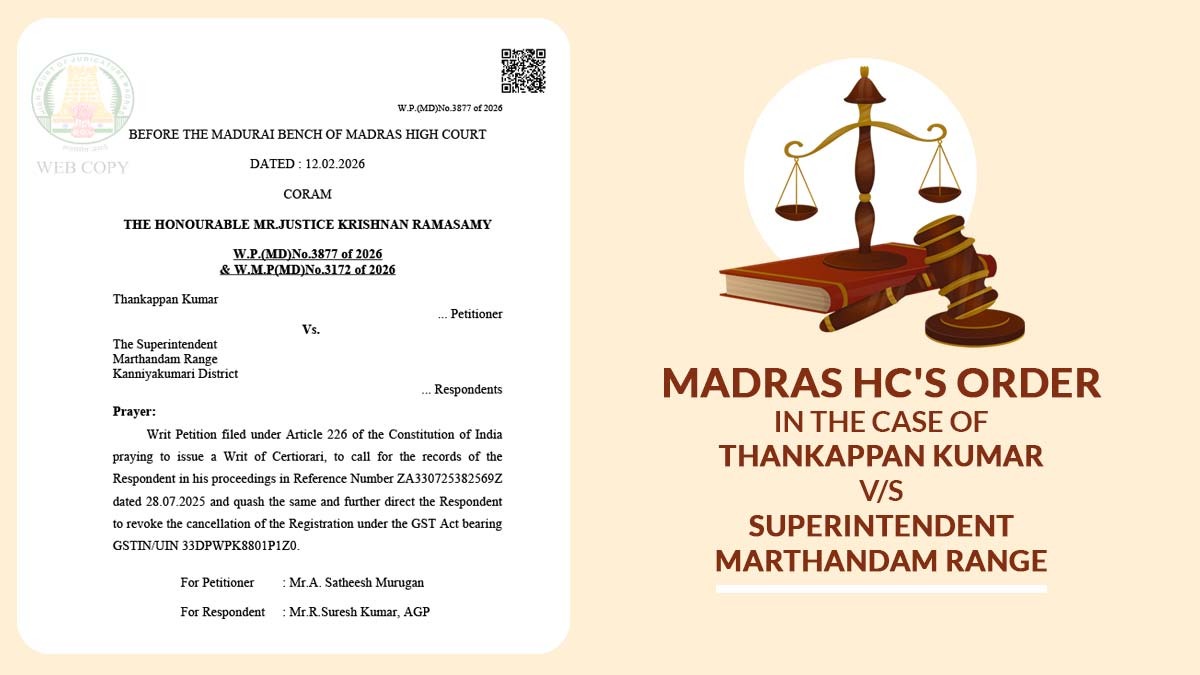The Taxpayer who crosses the ambit of the set limit of Rs. 2 crores and above turnover in the Financial Year, will have to file GSTR -9 and the Taxpayer who crosses the ambit of the set limit of Rs. 5 crores and above will have to submit a reconciliation statement through form GSTR-9C.
A registered taxpayer is expected to be compliant with the GST provisions. If the registered taxpayer is not compliant then he would have to end up paying a penalty and late fees. To make the process easier and prompt, one should keep all the details handy and thus avoid the last-minute rush.
The five things which are required to be done before filing the annual return:
A) List of All the Tax Invoices to Till Date Should be Listed and Reconciled
All the tax invoices issued during the period should be kept and listed properly. It would be best if the invoices are segregated GSTIN-wise and if done so, the sum of the value of all the tax invoices matches the turnover in the audited financial statements.
In the case where one has revised some invoices of the current period in the next financial period up to a specified period. Then, such invoices should be properly verified and then reported in the annual return. Any discrepancy reflects non-reporting or incorrect reporting to the GST authorities. Along with this, care should be taken and one should not miss considering those transactions that have not been accounted for in the books of accounts but are subject to GST. Eg. Transfer of stocks between units of the same company free of cost.
B) GST Audit (Self Reconciliation) Required in the Case of Annual Turnover Exceeding Rs 5 crores from FY 2018-19 (Rs 2 crores for FY 2017-18)
If a business’s Annual turnover exceeds Rs 5 Crores, Then GST Audit (Self Reconciliation) is required. If in such a case one has not initiated the GST audit yet then it should be done promptly. As per the rules, in such cases, the annual returns are required to be annexed with a certified reconciliation statement in GSTR 9C (From FY 2020-21 it is not mandatory) and the audited financial statements.
The GST audit (Self Reconciliation) identifies inconsistencies and helps us take the corrective measures timely which reduce anticipated litigations. Thus, one should make sure that a GST audit (Self Reconciliation) covers the entire range of transactions undertaken during the year.
C) Filing Two Annual Returns Wherever Applicable
In such cases where the Taxpayer has first opted for the Composition scheme under GST and later has switched to become a Regular Taxpayer, then he is supposed to file two separate Annual returns for the different time periods, that is as a composition scheme taxpayer and the Regular taxpayer. The two Annual returns he is supposed to file are GSTR 9 and GSTR 9A (Now GSTR 4 ) for the respective periods by the stipulated due date.
It is required to keep all the details ready for GSTR 9 & 9A (Now GSTR 4 ). While reporting and filing the forms one should avoid duplicity of entries in the two returns.
D) Be Attentive and Keep a Thorough Knowledge of the Reporting Requirements:
1. List of HSN should be maintained for all the inward supplies:
- As we know for all the inward supplies, HSN codes are used and thus a list of the HSN codes of all the inward supplies of the financial year should be kept properly and handy. The Taxpayer is supposed to extract the HSN-wise summary from the purchase register at the earliest so that error-free annual returns could be filed.
For those who have not maintained the HSN-wise purchases during the financial year it might take a while for the same. Still, we are left with an ample amount of time to identify and record the inward supplies in the purchase register and to easily file the annual returns.
2. The requirement for Segregation of ITC claimed:
- It is very important for the reporting purpose that the ITC claimed in GSTR-3B should be bifurcated. It should be subdivided into categories like inputs, input services and capital goods. This bifurcation is required just for reporting purposes and not as the requirement of the GSTR-3B filed. A proper accounting system for each transaction viz. capital goods, services and goods is sufficient.
- One should be very careful while reporting the GST ITC claimed because he/she would not be able to claim any unutilised ITC and reverse any ITC claimed in the annual return.
E. List of all the Amendment Entries Should be Kept Handy and Get Reconciled
The last and very important point which requires attention is that list of all the Amendment entries made for the Current FY in the Next FY should be prepared.
The summary of all the amendment entries belonging to the Current FY and reported in the Next FY is available at hand.
Read Also: Comparison Explained Between GST Annual Return Form 9 & GSTR 9C Form
Collecting all the important information required for filing the GST Annual returns is very time-consuming. Thus, it is wise to get started with the reconciliation and GST audit as soon as possible. A taxpayer should keep ready, the audited financial reports for each registration to avoid any consequences of an incorrect annual return. Till now no provision has yet been introduced to revise the Annual return. By keeping the above-mentioned five points in mind one could make sure of the filing of error-free annual returns.










